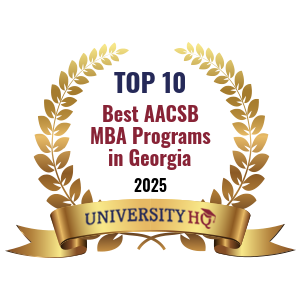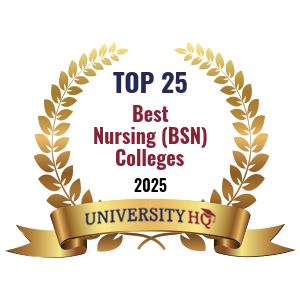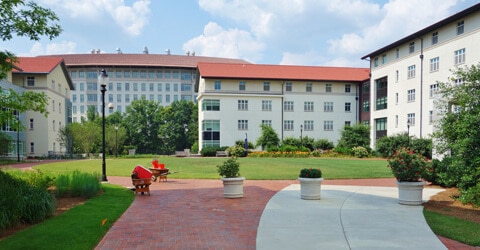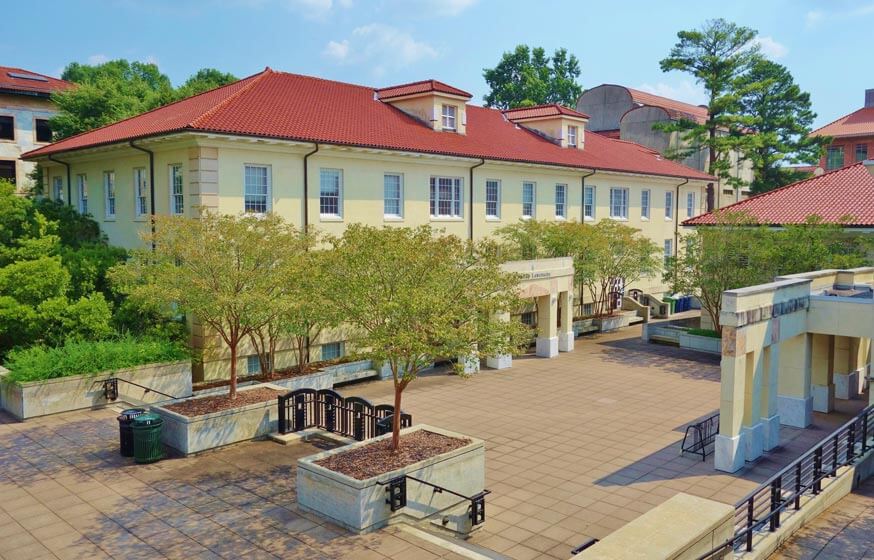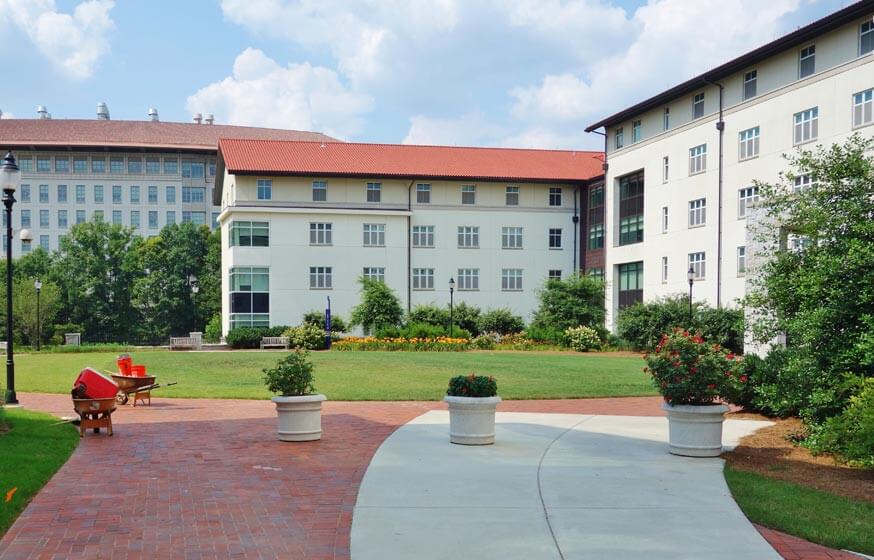Get Matched With Online Colleges
Emory University is one of the country’s private, not-for-profit educational institutions. This large university is home to several well-known institutions such as the Centers for Disease Control and Prevention, which gives the campus some well-deserved renown. Most, if not all of the schools on campus are devoted to health or medical care of one type or another. If you look at a map of the campus, you’ll see buildings such as Emory Rollins School of Public Health, Emory University Department of Biology and others.
Search All Programs
Overview of Emory University
As a student, you’ll be able to venture into Atlanta to find activities you enjoy, such as visiting Six Flags over George or Sweetwater Creek State Park. You may also appreciate Atlanta’s size as well as the easy access you’ll have to other activities or communities nearby.
With Emory’s focus on health and medical care, it may not shock you to learn that Emory University’s Carnegie classification in doctoral universities denotes that they have very high research activity. The school has a religious affiliation with the United Methodist Church.
Student enrollment is 14,458 and the student-faculty ratio is a very low 9 to 1. This means that you can expect to be able to contact professors without trouble should you need help.
General Information
| School Type | Private not-for-profit |
|---|---|
| Campus Setting | City: Large |
| Campus Housing | Yes |
| Student Faculty Ratio | 9:1 |
| Graduation Rate | 90% |
| Year Founded | 1836 |
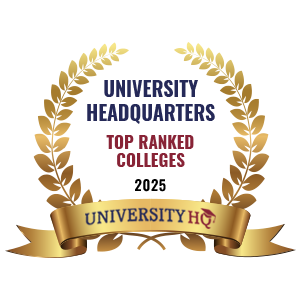
Student Enrollment
Total Students14,458
7,086
7,372
Undergraduate Student
Male 2,834
Female 4,252
Graduate Student
Male 2,949
Female 4,423
Explore Map
Top Rankings For Emory University
Emory Acceptance Rate and Admissions
APPLICATIONS30,017
ACCEPTANCE4,803
Acceptance Rate16%
Enrollment 1,105
| Admissions | |
|---|---|
| Application Fee | $75 |
| High School GPA | Recommended |
| High School Rank | Considered But Not Required |
| High School Transcripts | Required |
| College Prep Courses | Recommended |
| Recommendations | Required |
| SAT/ACT | Required |
| TOEFL (Test of English as a Foreign Language) | Recommended |
| Application Deadline | November 1 |
| Common Application Accepted | Yes |
Tuition Cost & Financial Aid
College is expensive. Both you and your parents may be dreading the total price for even one academic year. At Emory, your total price for that year could be as high as $72,600. This covers tuition (in- and out-of-state), books, supplies, room/board, and other costs.
You likely won’t have to pay all of that cost. As long as you apply for financial aid and show that you have a financial need, you could receive grants, work-study, or scholarships. Student loans are also an option, but you should reserve these for a last option due to the interest you’ll be required to pay as you pay them off.
Once financial aid has paid out, you and your parents will still have the average net price left. For a recent academic year, this was $25,924. However, the amount of financial aid a family can receive depends on their income, as you can see below.
- Families who earn up to $30,000 pay around $11,468
- Families who earn between $30,001 and $48,000 pay around $9,629
- Families who earn between $48,001 and $75,000 pay around $19,672
- Families who earn between $75,001 and $110,000 pay around $24,657
- Families who earn $110,001 or more pay around $43,267
| Average net price | 2017-2018 |
|---|---|
| Net Price | $25,942 |
| Average Total Aid | $43,560 |
| Students Receiving Financial Aid | 61% |
| Room & Board | $14,972 |
Sticker Price
- Tuition In-State - $53,804
- Tuition Out-of-State - $53,804
- Books and Supplies - $1,224
- Room & Board - $14,972
- Other - $2,604
Academics
In your first year, you’ll find yourself adjusting to a new, hectic schedule that may be exhausting. You may even decide to return for your second, third, and fourth years of college. By returning for your second year of school, you add to the school’s retention rate, which is the percentage of first-time students who go back to the same school for their sophomore year of school. At Emory, this is 95%. This is an indicator that those who attend appreciate the education they receive.
Of the total number of students enrolled, about 7,066, or 49%, are undergraduates and 7,372, or 51%, are graduate students. As you look down the road toward graduation, you’ll see about 82% of your student-peers graduating at the end of their fourth year; about 90% of those remaining hang on and graduate after 6 years of school.
If students need to work during the day to keep bills paid or support their family, they have the option to take evening classes. Or, they may decide to take some courses in the online format (distance learning). Emory University offers this option as well.
Retention
Rate
4 year
Graduation
Rate
6 year
Graduation
Rate
Student Population Total
Student Population 14,458
7,086
7,372
Most Popular Programs & Majors
(# of Diplomas Awarded by Subject)
| All Business Majors | 386 Total Graduates / 19% |
|---|---|
| Econometrics and Quantitative Economics | 84 Graduates |
| Accounting | 33 Graduates |
| Management Sciences and Quantitative Methods, Other | 3 Graduates |
| All Biological & Biomedical Majors | 338 Total Graduates / 16% |
| Biology/Biological Sciences, General | 199 Graduates |
| Neuroscience | 139 Graduates |
| All Social Science Majors | 291 Total Graduates / 14% |
| Econometrics and Quantitative Economics | 84 Graduates |
| Political Science and Government, General | 80 Graduates |
| Anthropology | 38 Graduates |
| Sociology | 27 Graduates |
| Economics, General | 21 Graduates |
| Health Professions and Related Programs | 286 Total Graduates / 14% |
| Registered Nursing/Registered Nurse | 272 Graduates |
| Medical Radiologic Technology/Science - Radiation Therapist | 14 Graduates |
| All Psychology Majors | 101 Total Graduates / 5% |
| Psychology, General | 93 Graduates |
| Cognitive Psychology and Psycholinguistics | 8 Graduates |
| All Other Diplomas | 32% |
Outcome & Salary
By choosing Emory University, you’re going to see a definite financial benefit after you have been working in your chosen profession for a few years. The average salary for graduates is $73,000; their average early-career salary is $64,000 and their average mid-career salary is $123,800.
Four years of paying the average net price would cost a total of $103,768. Whereas, a graduate’s 10-year salary earnings potential is $730,000 and their 20-year salary earnings potential is $1,968,000. Their 10-year projected return on investment (ROI) is $626,232 and their 20-year projected ROI is $1,864,232.
High school graduates who don’t go to college earn a national average salary of $38,792. Their 10-year projected income is $387,920 and their 20-year projected income is $775,840.
| Graduates Salary | |
|---|---|
| College Grads Early Career Salary | $64,000 |
| College Grads Average Salary | $73,000 |
| College Grads Mid Career Salary | $123,800 |
| Return on Investment (ROI) | |
|---|---|
| 10 Year Salary Earnings Potential | $730,000 |
| 20 Year Salary Earnings Potential | $1,968,000 |
| Cost of Education (Net Price) 4 Year | $103,768 |
| 10 Year Projected ROI | $626,232 |
| 20 Year Projected ROI | $1,864,232 |
| No College Education Salary Comparison | |
|---|---|
| National Average Salary | $38,792 |
| 10 Year Projected Income | $387,920 |
| 20 Year Projected Income | $775,840 |
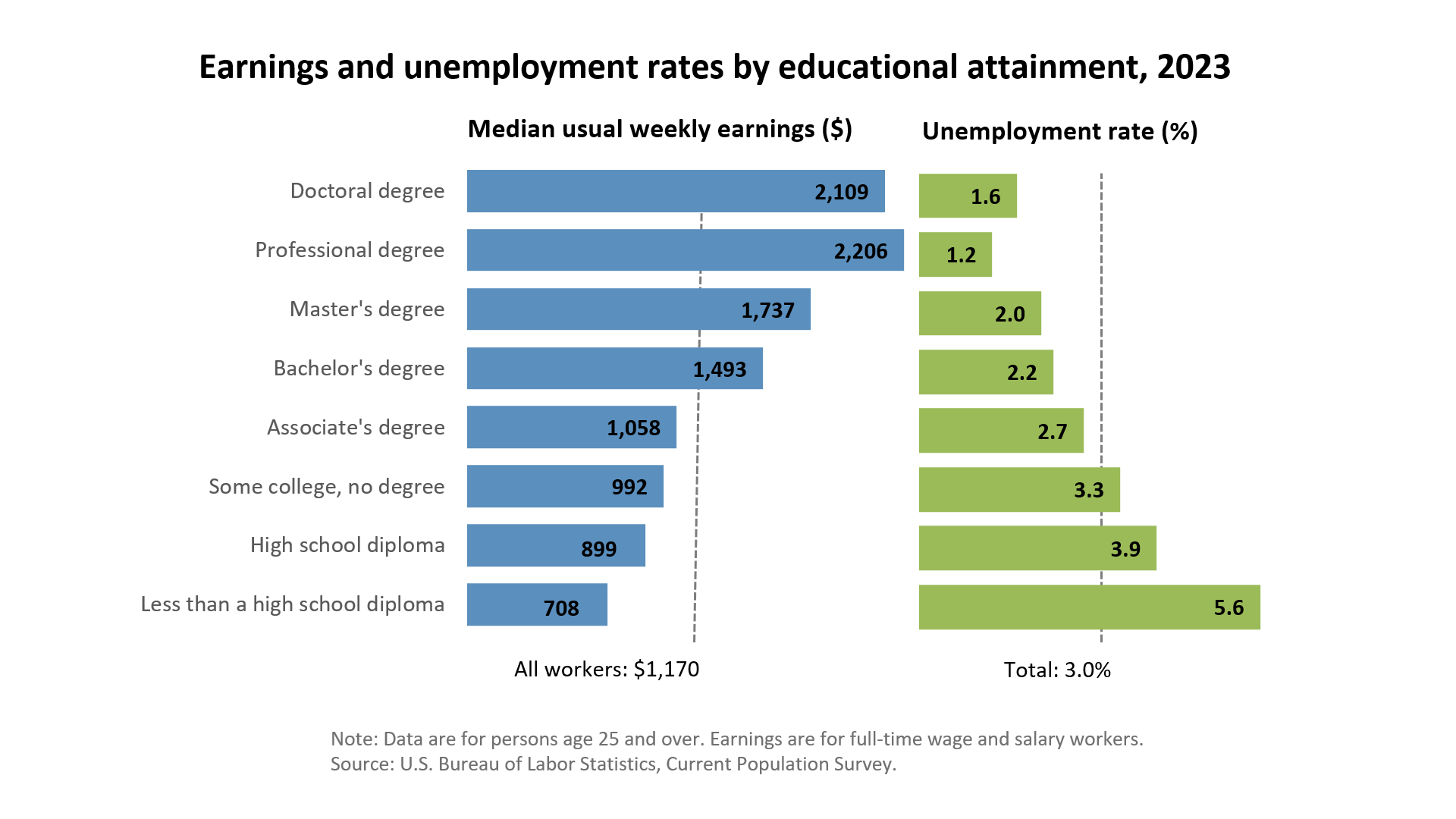
Related Top College Resources






